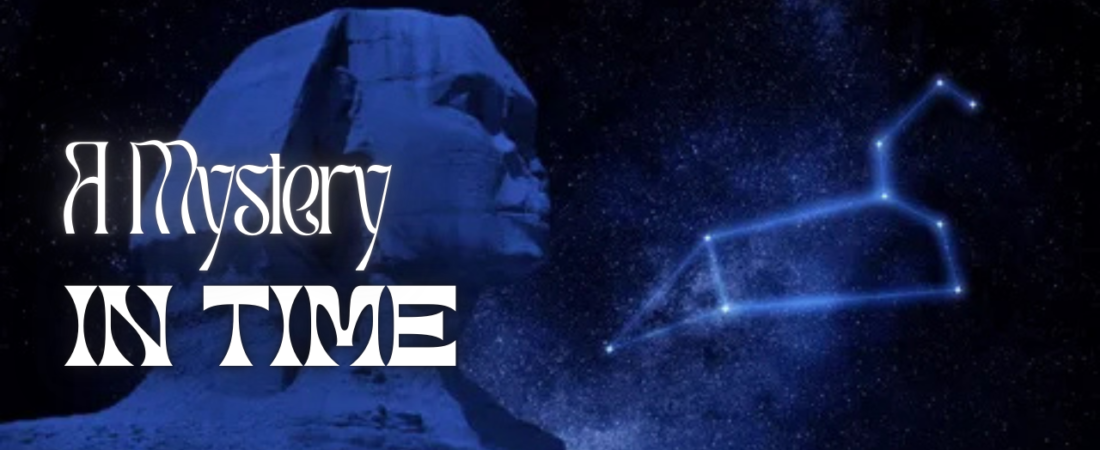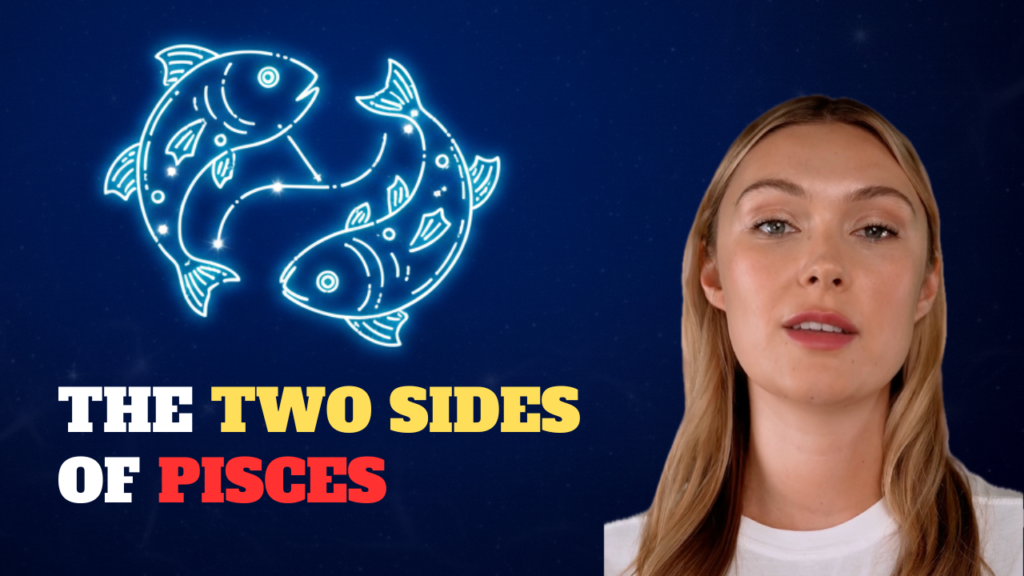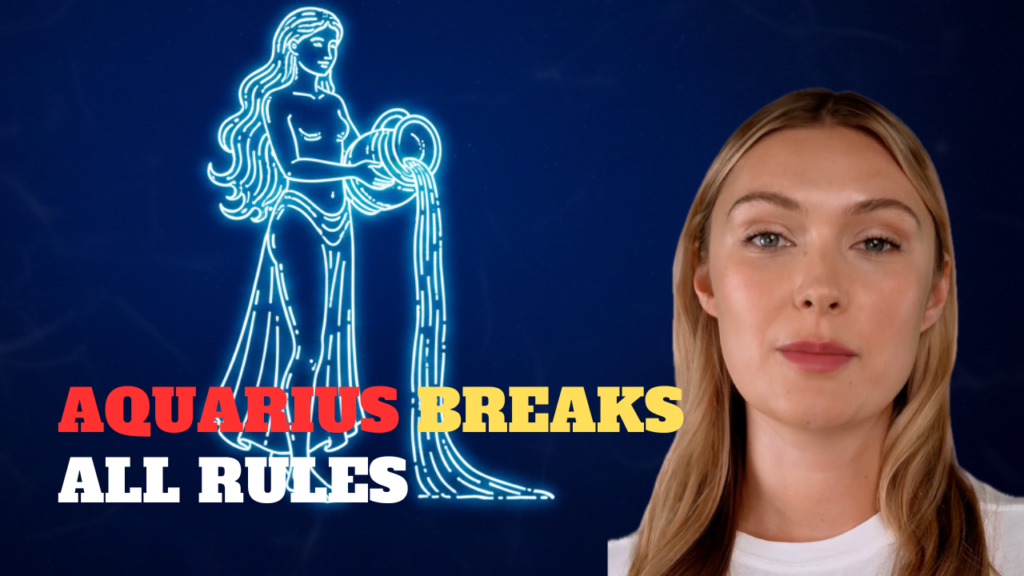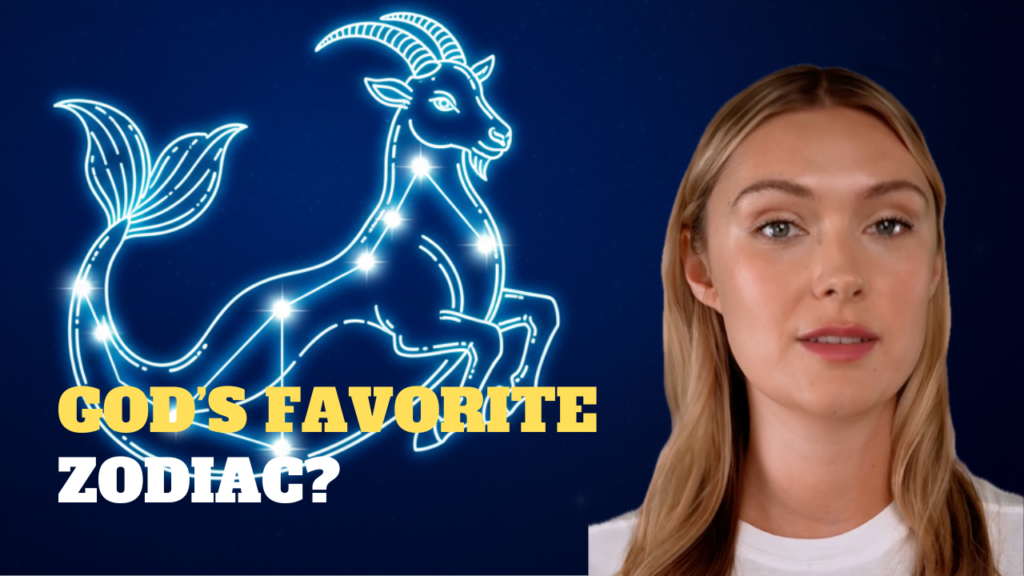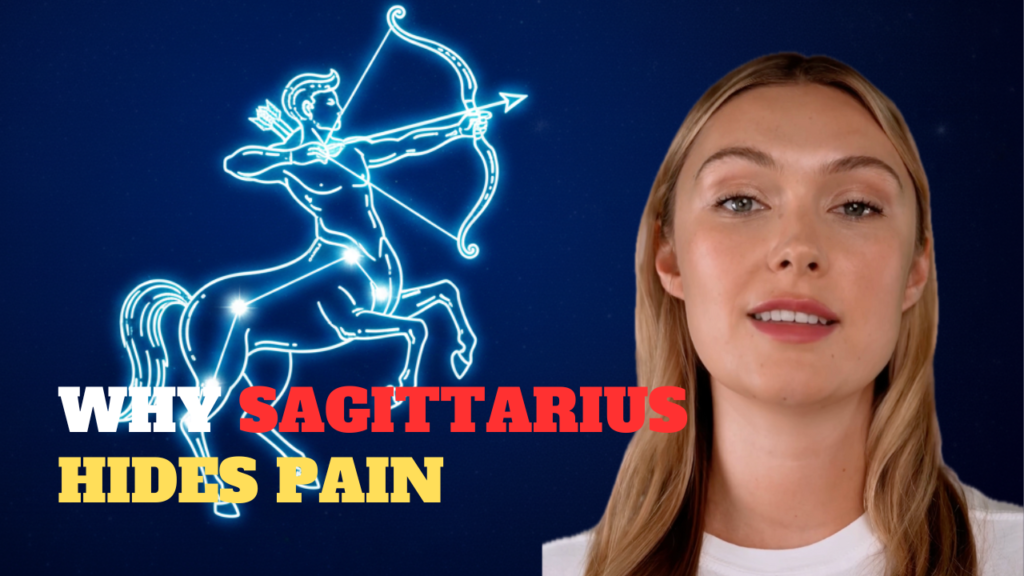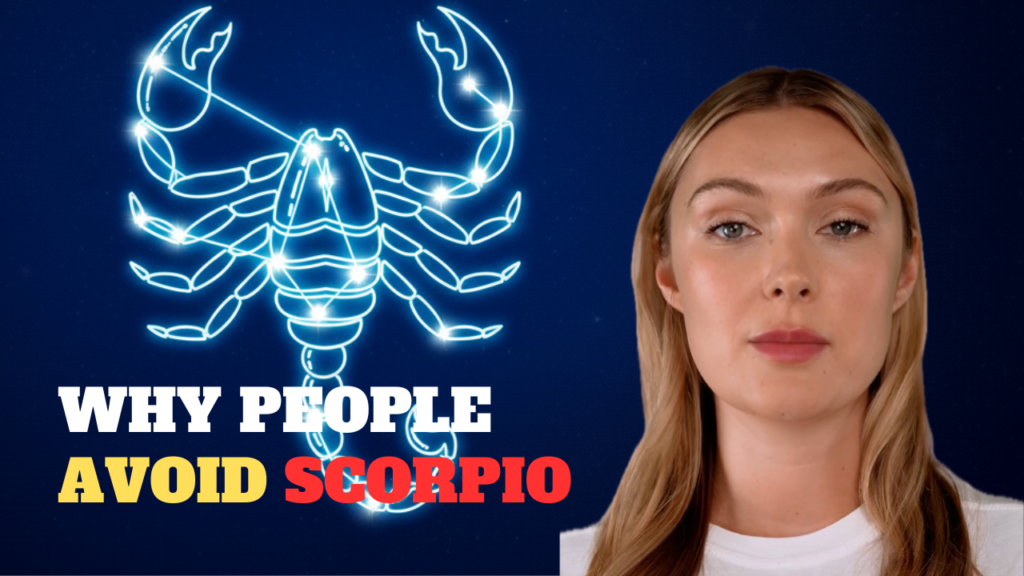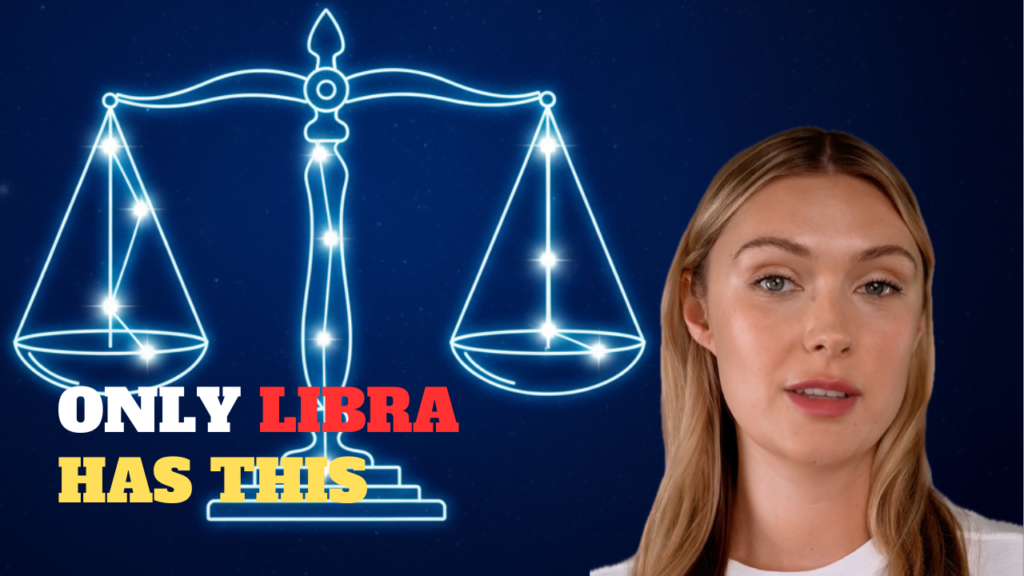The Great Sphinx alignment is a fascinating topic. Some researchers believe it was aligned with the constellation of Leo around 10,500 B.C. This suggests that an advanced civilization existed much earlier than expected.
The Great Sphinx alignment points to a possible connection with the Age of Leo. If true, this means Egypt had advanced knowledge over 8,000 years before traditional estimates. This idea challenges mainstream history.
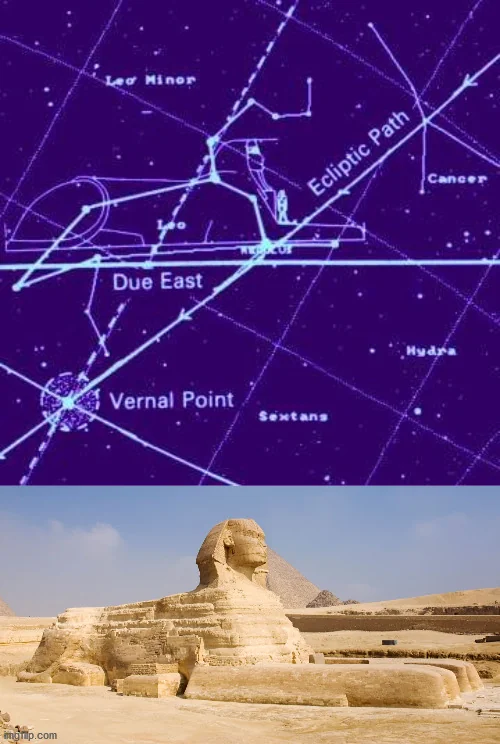
Many theories surround the Great Sphinx alignment. Some believe it proves ancient civilizations had astronomical skills. Others think it is a coincidence. However, the position of the monument raises important questions.
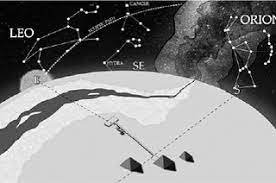
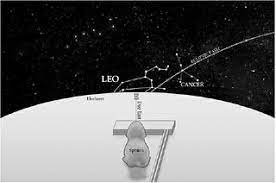
The Great Sphinx Alignment: A Mystery in Time
It still remains a mystery. Was it intentional or just a natural occurrence? Researchers continue to study its history and purpose.
Experts also note that the erosion patterns on the Sphinx suggest water damage. This could mean it was built during a time of heavy rainfall, much earlier than previously thought. Some scholars argue this supports the theory of a lost civilization predating ancient Egypt.

Additionally, the Sphinx is one of the largest and oldest monolithic statues in the world. It measures about 73 meters (240 feet) long and 20 meters (66 feet) high. Unlike other Egyptian monuments, no inscriptions mention its construction date or purpose. This adds to the mystery of the Great Sphinx alignment. Some theories suggest it was originally a lion, later modified to have a human face.


